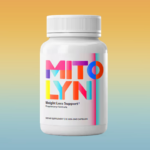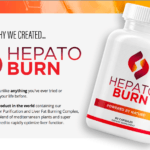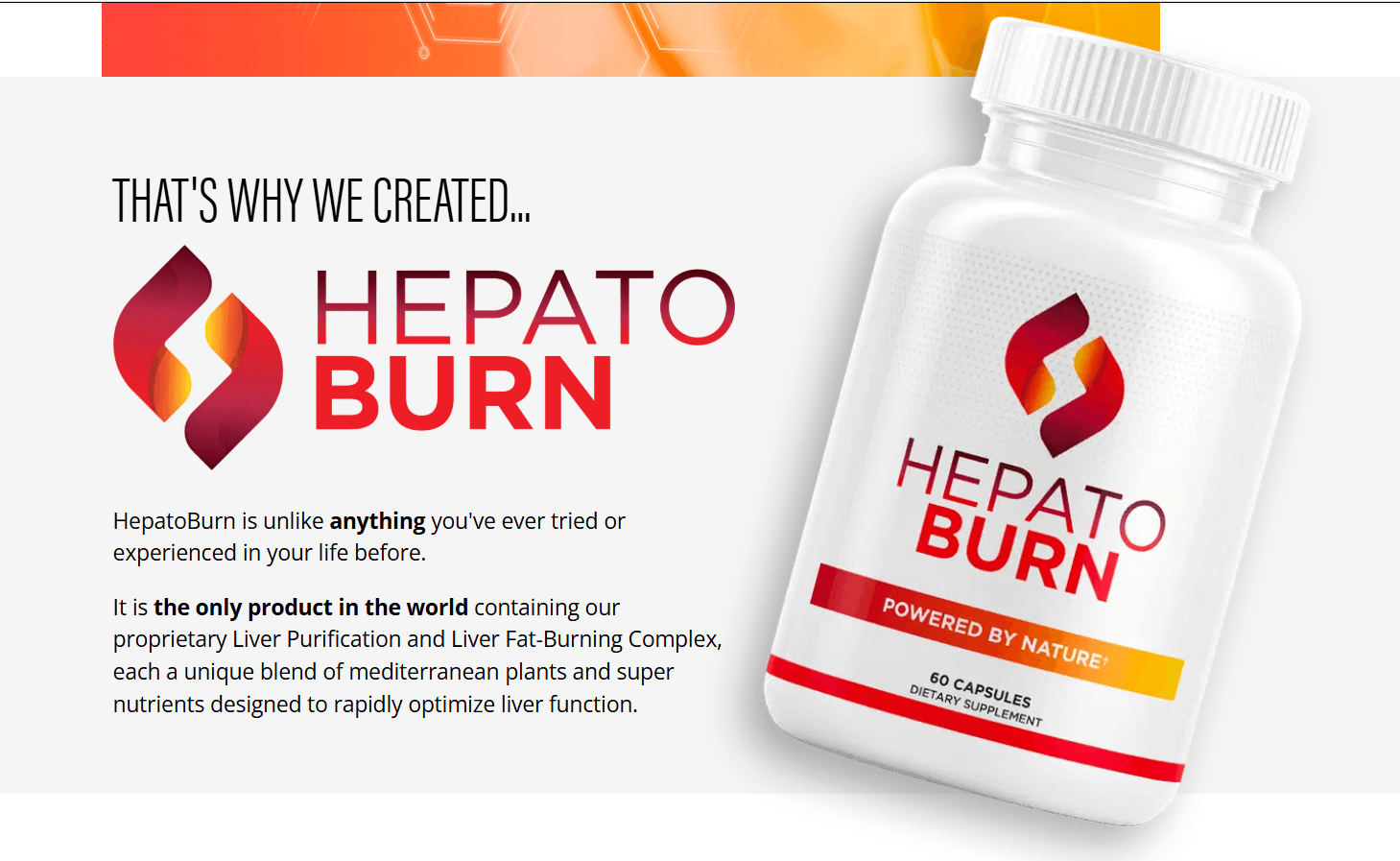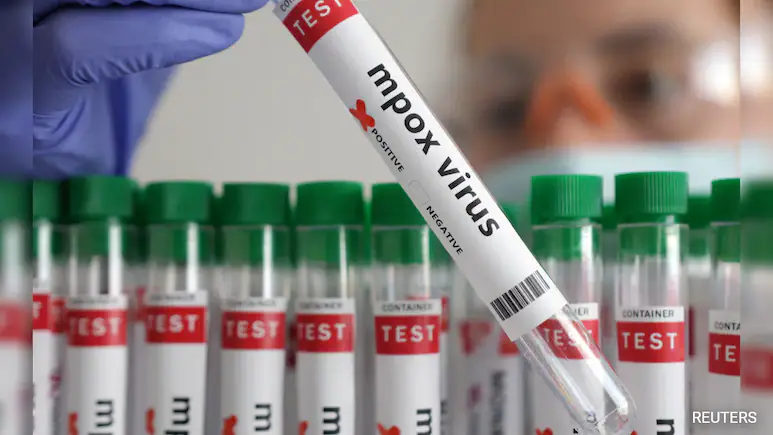A ketogenic diet, often referred to as keto, is a low-carbohydrate, high-fat diet designed to shift the body’s metabolism into a state of ketosis. In ketosis, the body primarily burns fat for fuel instead of carbohydrates. The typical macronutrient breakdown for a ketogenic diet is:
- High Fat: Approximately 70-75% of your daily caloric intake should come from healthy fats. Sources of healthy fats include avocados, nuts, seeds, olive oil, coconut oil, and fatty fish.
- Moderate Protein: Protein intake is moderate, making up around 20-25% of your daily caloric intake. Good sources of protein include meat, poultry, fish, eggs, and dairy products. It’s important not to overconsume protein, as excessive protein intake can potentially interfere with ketosis.
- Low Carbohydrates: Carbohydrates are restricted to a minimal amount, typically around 5-10% of your daily caloric intake. This translates to a very low carbohydrate intake, usually below 50 grams of net carbs per day. Foods high in carbohydrates, such as grains, sugar, and starchy vegetables, are limited.
Foods to Include in a Ketogenic Diet:
- Healthy Fats:
- Avocados and avocado oil
- Olive oil
- Coconut oil
- Butter and ghee
- Nuts and seeds
- Fatty fish (salmon, mackerel, sardines)
- Protein Sources:
- Meat (beef, poultry, pork)
- Fish and seafood
- Eggs
- Dairy products (cheese, yogurt)
- Low-Carb Vegetables:
- Leafy greens (spinach, kale, lettuce)
- Cruciferous vegetables (broccoli, cauliflower, Brussels sprouts)
- Zucchini
- Bell peppers
- Asparagus
- Moderate Dairy:
- Cheese
- Cream
- Greek yogurt (unsweetened, in moderation)
- Snacks:
- Nuts and seeds
- Cheese
- Hard-boiled eggs
- Beverages:
- Water (essential for staying hydrated)
- Coffee and tea (unsweetened)
Foods to Avoid on a Ketogenic Diet:
- High-Carb Foods:
- Grains (wheat, rice, oats)
- Sugar (sweets, sodas, desserts)
- Legumes (beans, lentils, chickpeas)
- Starchy Vegetables:
- Potatoes
- Sweet potatoes
- Corn
- Fruits (in moderation due to their natural sugars):
- Berries are often preferred for their lower sugar content.
- Processed Foods:
- Processed meats with added sugars or fillers
- Highly processed and packaged foods
- Grain-Based Products:
- Bread
- Pasta
- Cereal
It’s essential to note that the ketogenic diet may not be suitable for everyone, and consulting with a healthcare professional or a registered dietitian before starting any significant dietary changes is recommended. Additionally, individuals with certain medical conditions or those taking specific medications should approach the ketogenic diet with caution.









